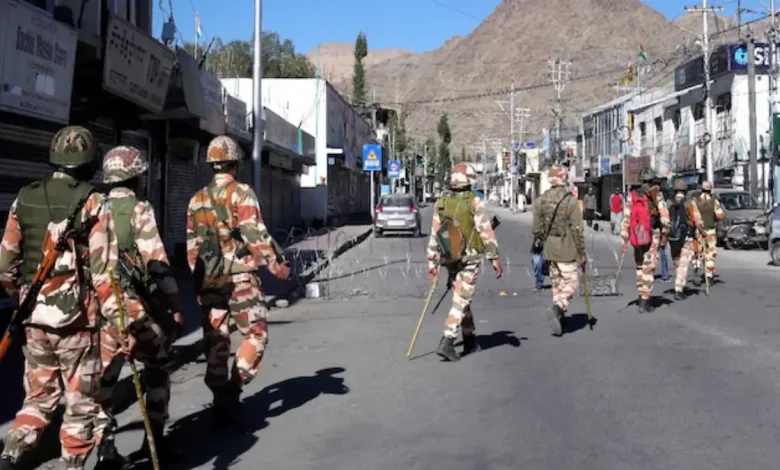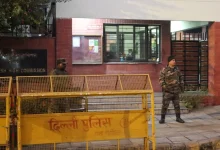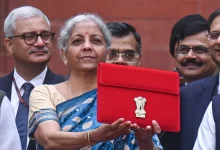Leh Clashes Ignite Push for Judicial Scrutiny as Curfew Lifts, 26 Detainees Walk Free

Pressure mounted Thursday for a high-level judicial investigation into the deadly police action on September 24 in Leh, where four individuals lost their lives and numerous others suffered injuries. Buddhist organizations and the Kargil Bar Association amplified their calls for transparency and redress amid ongoing turmoil in the region.
In response, the Ladakh administration initiated a magisterial inquiry, tasking the Sub-Divisional Magistrate of Nubra with delivering findings within one month. This development aligned with the conditional release of 26 young protesters held in connection with the unrest, as authorities began scaling back a week-long curfew that had gripped Leh.
The Kargil Bar Association declared a six-day halt to court proceedings, honoring the fallen civilians and signaling solidarity with grieving families. The group also committed to offering pro bono legal support to those impacted by the violence.
During a subdued interfaith prayer gathering, the Ladakh Buddhist Association (LBA) and the All Ladakh Gonpa Association commemorated the four deceased young men alongside observances for Mahatma Gandhi’s birth anniversary. The assembly adopted a unified statement urging an unbiased court-led examination of what participants described as disproportionate and haphazard use of force by law enforcement. It further sought financial reparations for the bereaved kin and the prompt liberation of prominent activist Sonam Wangchuk, currently held in Rajasthan under the National Security Act .
“True restoration of order hinges on delivering justice. Our priorities are a thorough judicial review, equitable payouts, and cessation of targeting young locals,” stated LBA leader Chering Dorjay to journalists. He noted that the group’s counsel had secured visitation rights to Wangchuk, joined by select relatives.
The Leh Apex Body and Kargil Democratic Alliance, steadfast advocates for Ladakh’s elevation to statehood and Sixth Schedule protections, vowed to shun scheduled negotiations with New Delhi on October 6 absent a judicial mandate and full discharge of those in custody.
Echoing this resolve, the Kargil Bar Association extended its courtroom boycott through October 6. “Upholding justice requires openness and responsibility,” remarked a representative, underscoring their intent to assist affected parties at no cost.
As restrictions loosened, commercial hubs in Leh buzzed back to life, hinting at a tentative return to routine. Yet, mobile data services stayed offline, and edicts against mass assemblies lingered throughout Ladakh.
The September 24 disturbances have crystallized broader grievances, positioning the episode as a pivotal gauge of equity, self-respect, and the territory’s trajectory.




